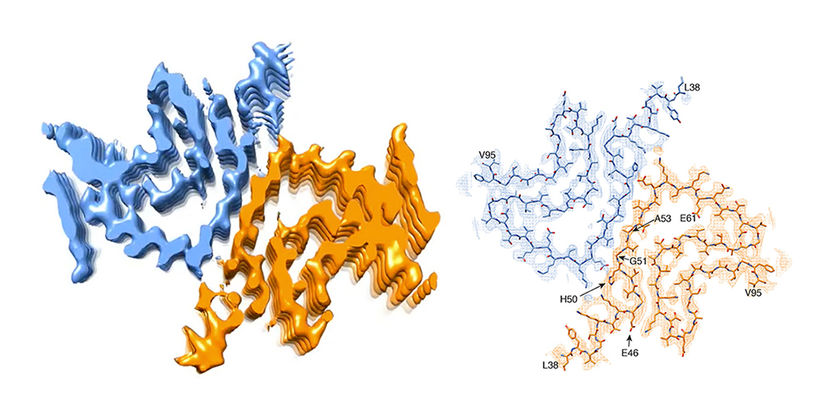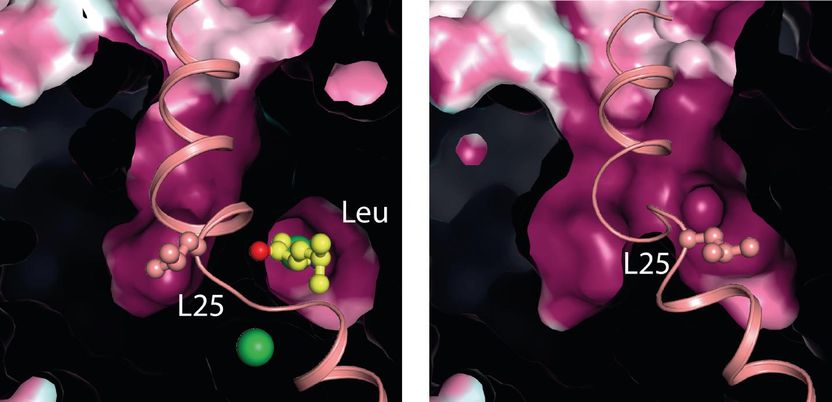Basilea's Toctino (alitretinoin) receives marketing authorization in Finland
Basilea Pharmaceutica Ltd. announces that Toctino® (alitretinoin), a new once-daily oral treatment for adults with severe chronic hand eczema (CHE) unresponsive to potent topical corticosteroids, has been approved by Finland's National Agency for Medicines (NAM).
Following the recommendation for regulatory approval under the European decentralized procedure, Toctino® received national regulatory approval in Finland. Following the regulatory approval of Toctino® in Finland, Basilea will submit a pricing and reimbursement dossier to the Finnish authorities.
Marketing applications for the use of alitretinoin in the treatment of severe chronic refractory hand eczema are also under regulatory review in Canada and in Switzerland.
Organizations
Other news from the department research and development

Get the life science industry in your inbox
By submitting this form you agree that LUMITOS AG will send you the newsletter(s) selected above by email. Your data will not be passed on to third parties. Your data will be stored and processed in accordance with our data protection regulations. LUMITOS may contact you by email for the purpose of advertising or market and opinion surveys. You can revoke your consent at any time without giving reasons to LUMITOS AG, Ernst-Augustin-Str. 2, 12489 Berlin, Germany or by e-mail at revoke@lumitos.com with effect for the future. In addition, each email contains a link to unsubscribe from the corresponding newsletter.
Most read news
More news from our other portals
Last viewed contents
Researchers uncover genetic link to cattle diseases
Amyloid formation may link Alzheimer disease and type 2 diabetes

How bacteria can be "tamed" for sustainable plastics production - Research team at Giessen University develops new system for tailored control of gene expression
Pesticides keep fungus poisons out of the food chain - New study confirms contribution of Azole class fungicides to food safety and productivity

How does Parkinson's disease develop? - Study raises doubts on a previous theory of Parkinson’s disease




















































